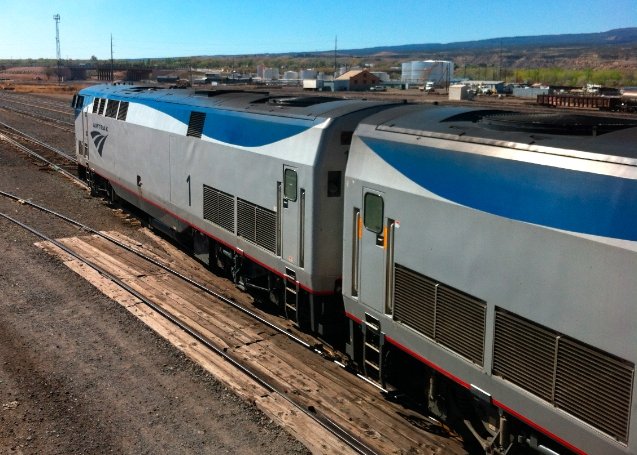The City of Grand Junction has recently implemented a smart water meter program to help residents monitor and manage their water usage more effectively. These smart meters provide real-time data on water consumption, allowing users to detect leaks early and conserve water. The initiative aims to promote water conservation and support the community in managing their water bills more efficiently. This article will guide you on how to use smart meters in Grand Junction and the benefits they offer.
Understanding Smart Meters
Smart meters are advanced devices that measure water usage and transmit the data wirelessly to a central system. This technology allows both the water provider and the customer to access detailed information about water consumption. The data is updated frequently, typically every four hours, providing near real-time insights into water usage patterns.
One of the key benefits of smart meters is their ability to detect leaks early. In the past, customers had to wait for their monthly water bill to identify any unusual spikes in usage. With smart meters, users can monitor their water consumption daily and receive alerts if there is a significant increase, indicating a potential leak. This early detection can help prevent water waste and reduce water bills.

Additionally, smart meters provide valuable information that can help customers make informed decisions about their water usage. By analyzing the data, users can identify areas where they can conserve water, such as reducing the frequency of landscape watering or fixing leaky faucets. This proactive approach to water management can lead to significant savings and contribute to the overall conservation efforts in the community.
Setting Up and Accessing Smart Meter Data
To start using a smart meter, residents need to create an online account through the Grand Junction Utilities Department’s portal. Once registered, users can log in to access their water usage data. The portal provides a user-friendly interface where customers can view their daily and hourly water consumption, set up alerts for unusual usage, and track their conservation efforts.
The setup process is straightforward and requires only a few steps. First, visit the Grand Junction Utilities Department’s website and follow the instructions to create an account. After registering, you will receive a confirmation email with a link to activate your account. Once activated, you can log in and start exploring the features of the smart meter portal.
The portal also offers tools to help customers set water usage goals and monitor their progress. By setting targets for daily or monthly consumption, users can stay motivated to conserve water and achieve their conservation goals. The system will provide feedback on your usage patterns and suggest ways to improve efficiency, making it easier to manage your water consumption effectively.
Benefits of Using Smart Meters
The implementation of smart meters in Grand Junction offers numerous benefits for both residents and the community. One of the most significant advantages is the ability to detect leaks early, preventing water waste and reducing water bills. By receiving alerts for unusual usage, customers can take immediate action to address any issues, saving both water and money.
Smart meters also promote water conservation by providing detailed insights into usage patterns. Customers can identify areas where they can reduce consumption and make informed decisions about their water usage. This proactive approach to water management not only benefits individual households but also contributes to the overall conservation efforts in the community.
Furthermore, the smart meter program supports the city’s goal of providing efficient, safe, and reliable water services. By eliminating the need for manual meter readings, the program reduces operational costs and improves the accuracy of billing. The data collected through smart meters also helps the Utilities Department identify trends and make informed decisions about water management and infrastructure planning.














